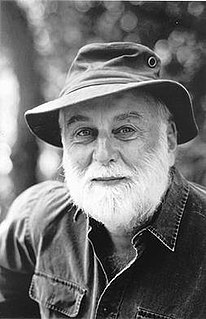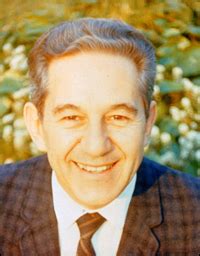A Quote by T. E. Lawrence
The desert Arab found no joy like the joy of voluntarily holding back. He found luxury in abnegation, renunciation, self restraint. He made nakedness of the mind as sensuous as nakedness of the body. He saved his own soul, perhaps, and without danger, but in a hard selfishness.
Related Quotes
Identity would seem to be the garment with which one covers the nakedness of the self: in which case, it is best that the garment be loose, a little like the robes of the desert, through which one's nakedness can always be felt, and, sometimes, discerned. This trust in one's nakedness is all that gives one the power to change one's robes.
Every morning you put on your clothes to cover your nakedness and protect your body from inclement weather. Why don't you also clothe your soul with the garment of faith? Remember each morning the truths of your creed, and look at yourself in the mirror of your faith. Otherwise, your soul will soon be naked with the nakedness of oblivion.
Happiness is a state of non-contradictory joy--a joy without penalty or guilt, a joy that does not clash with any of your values and does not work for your own destruction, not the joy of escaping from your mind, but of using your mind's fullest power, not the joy of faking reality, but of achieving values that are real, not the joy of a drunkard, but of a producer.
Now, nakedness is a delightful condition. And it keeps you very pleasantly cool - especially, I suppose, if you happen to be a man. But as I walked on eastward that afternoon through my private, segregated, Tonto world (exercising due care at first for previously protected sectors of my anatomy) I found I had gained more than coolness. I felt a quite unexpected freedom from restraint. And after a while I found that I had moved on to a new kind of simplicity. A simplicity that had a fitting, Adam-like, in-the-beginning earliness about it.
God has identified himself with the hungry, the sick, the naked, the homeless; hunger not only for bread, but for love, for care, to be somebody to someone; nakedness, not for clothing only, but nakedness of that compassion that very few people give to the unknown; homelessness, not only just for a shelter made from stone but for that homelessness that comes from having no one to call your own.
Sweet, sane, still Nakedness in Nature! — ah if poor, sick, prurient humanity in cities might really know you once more! Is not nakedness then indecent? No, not inherently. It is your thought, your sophistication, your fear, your respectability that is indecent. There come moods when these clothes of ours are not only too irksome to wear, but are themselves indecent. Perhaps indeed he or she to whom the free exhilarating ecstasy of nakedness in Nature has never been eligible (and how many thousands there are!) has not really known what purity is — nor what faith or art or health really is.
It is the consciousness of the threefold joy of the Lord, His joy in ransoming us, His joy in dwelling within us as our Saviour and Power for fruitbearing and His joy in possessing us, as His Bride and His delight; it is the consciousness of this joy which is our real strength. Our joy in Him may be a fluctuating thing: His joy in us knows no change.




































